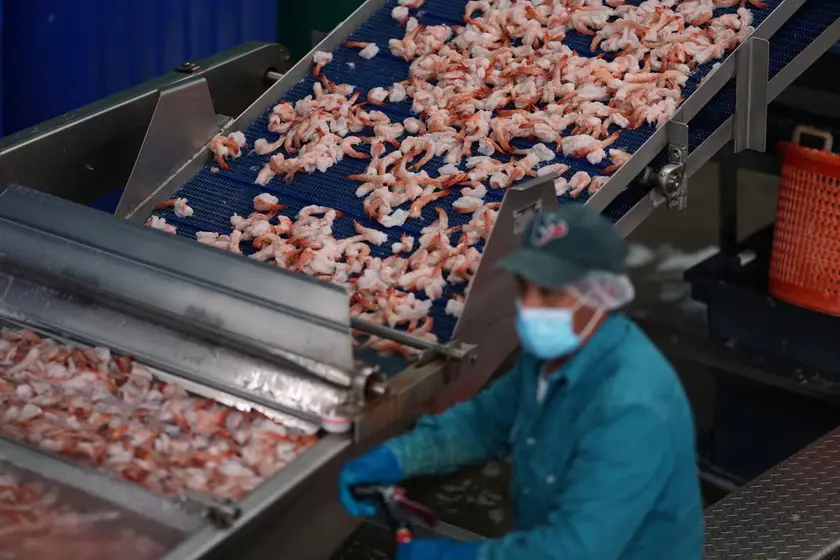T4K3.news
Walmart recalls radioactive shrimp
Shoppers in affected states should discard Great Value shrimp and seek refunds.
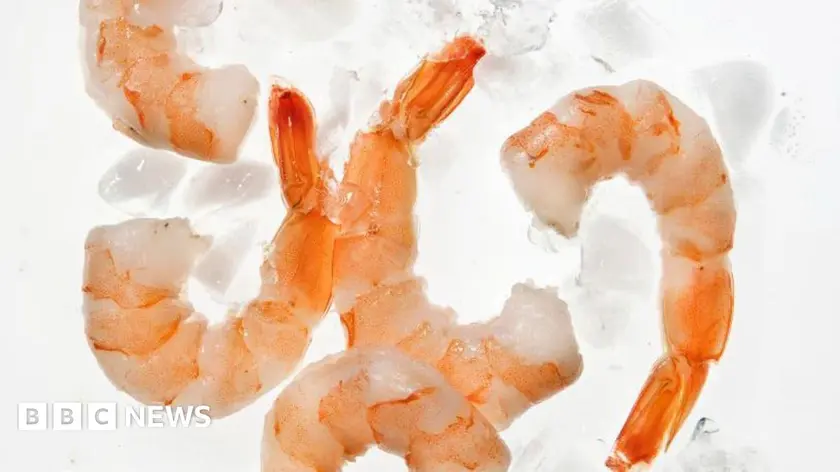
A recall of Great Value shrimp linked to a radioactive finding tests consumer trust and shows how regulators respond to imported food safety incidents.
Walmart recalls radioactive shrimp after public warnings
Walmart has issued a recall of Great Value shrimp sold in multiple states after a shipment tied to an Indonesian supplier tested positive for Caesium-137, a radioactive isotope. The retailer says it has issued a sales restriction and removed the product from affected stores, and consumers who bought the recalled shrimp can obtain a full refund at any Walmart location. The notice covers Alabama, Arkansas, Florida, Georgia, Kentucky, Louisiana, Missouri, Mississippi, Ohio, Oklahoma, Pennsylvania, Texas and West Virginia.
The Food and Drug Administration said one shipment tested positive for Caesium-137. Officials stressed that the detected amount was not enough to cause acute harm, but they cautioned that exposure over time could raise cancer risk by damaging living cells. The FDA also noted that no Caesium-137 had been detected in other products it tested, but this did not rule out contamination elsewhere. The Indonesian supplier has had several shipments denied entry to the United States as investigators review the case.
Key Takeaways
"The health and safety of our customers is always a top priority"
Walmart spokesman on the recall
"We have issued a sales restriction and removed this product from our impacted stores"
Walmart action statement
"Exposure over time could pose an elevated risk of cancer"
FDA risk explanation
"Caesium-137 is present in trace amounts in soil food and air worldwide"
FDA background about the isotope
This episode tests how a major retailer handles a health scare that originates outside the country. It highlights the fragility of global seafood supply chains and the challenge of communicating uncertainty to consumers. The FDA’s careful language — confirming a single positive test while warning that ongoing risk remains possible — shows how officials balance speed with precision when information is incomplete. For Walmart, the recall is a reputational moment that could ripple through trust in store-brand products and supplier vetting.
If more batches are flagged, critics may press for tougher testing and clearer public guidance. The incident also raises questions about who bears the cost of safer imports and how quickly retailers can reassure shoppers after a scare. Regulators face pressure to prevent contagion in the food system while minimizing unnecessary alarm in the public sphere.
Highlights
- Safety first, even when the price is a factor
- A recall is a test of trust for a national retailer
- Global supply chains demand tougher checks and transparency
- Public health stories travel fast when a shipment goes wrong
Public health risk from radiation in recalled seafood
The presence of Caesium-137 in a recalled shrimp batch raises concerns about safety in the seafood supply chain. While the detected amount is not expected to cause immediate harm, long term exposure could raise cancer risk, and the incident underscores vulnerabilities in cross border sourcing and screening.
Health checks and supply chain safeguards will be under renewed scrutiny as updates emerge.
Enjoyed this? Let your friends know!
Related News

Walmart shrimp recall notice
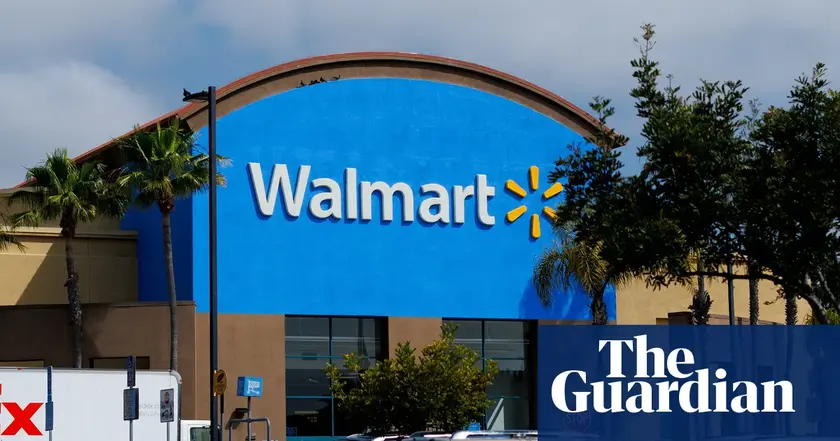
Walmart recalls potentially radioactive shrimp sold in 13 states

Walmart recalls shrimp over potential radioactive contamination
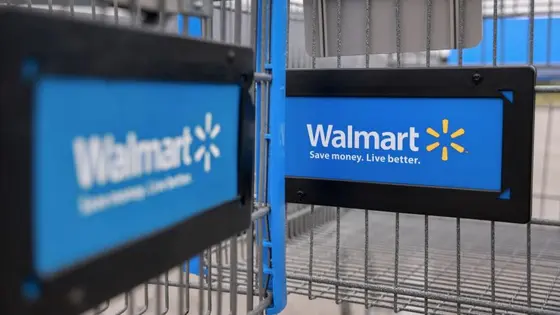
FDA alerts on Walmart shrimp safety
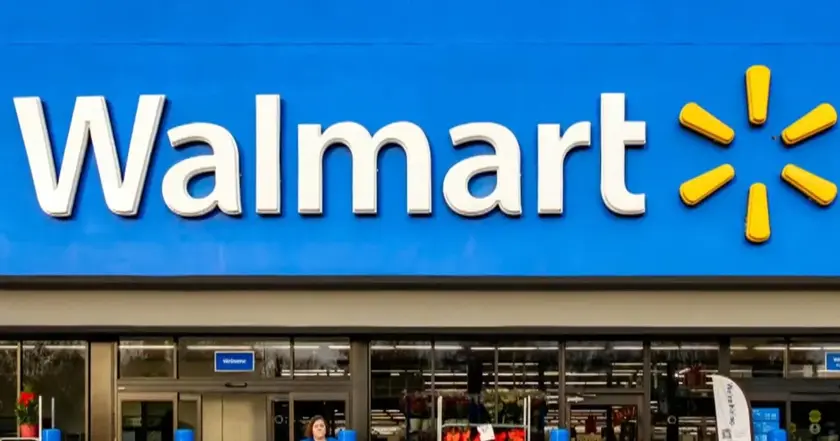
FDA notices Cs-137 risk in Walmart shrimp
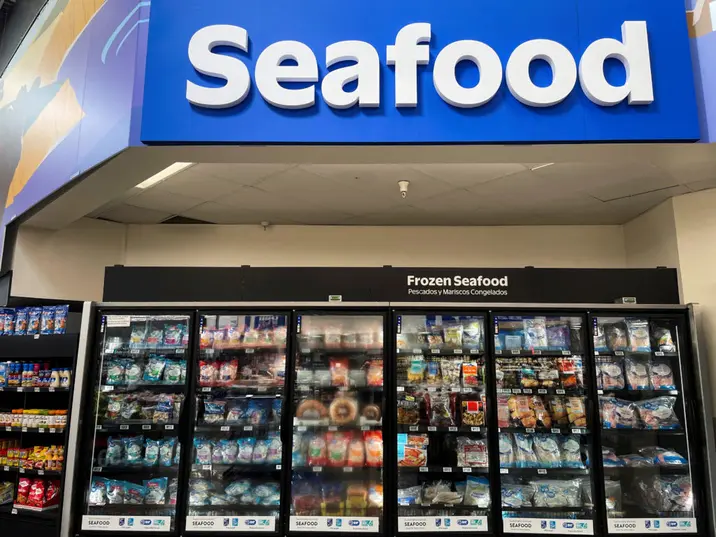
Walmart recalls frozen shrimp after radiation detection

FDA warns about radioactive Walmart shrimp
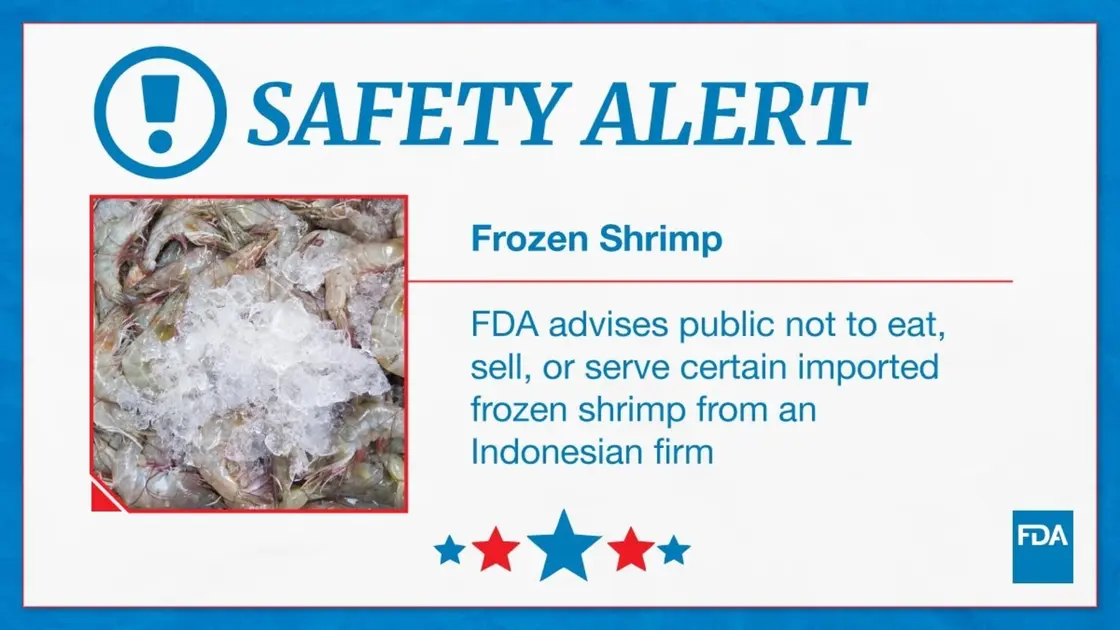
FDA updates seafood safety alert
